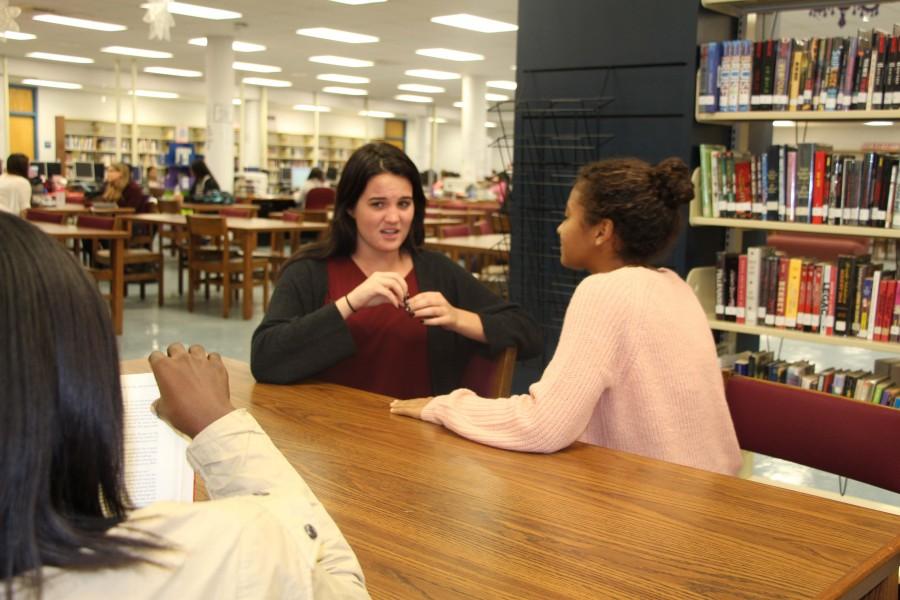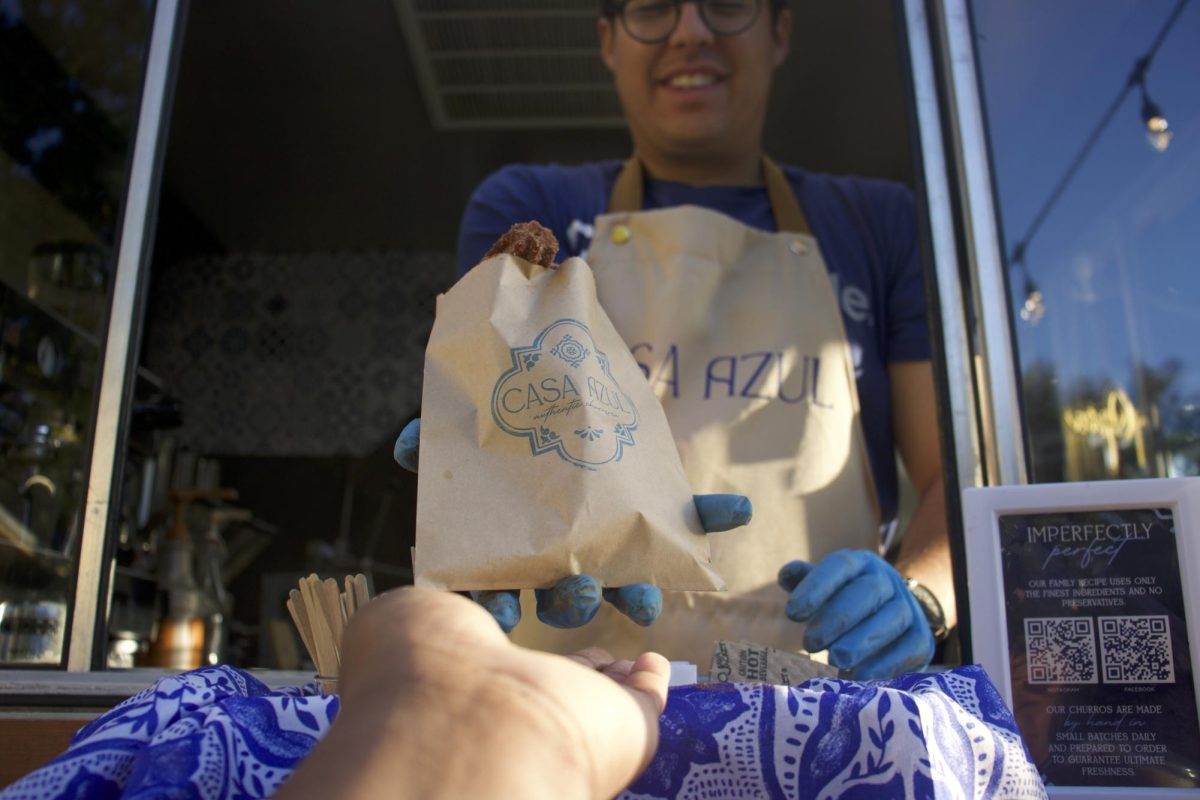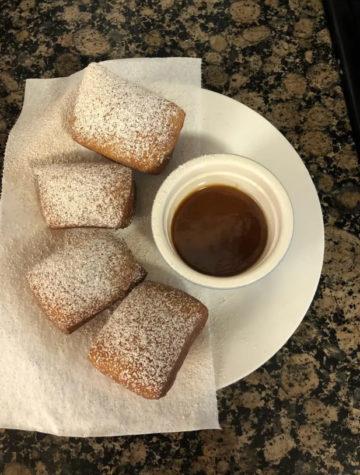Weekly Vexation: Exclusion
Photo M. Felt
Two students gossip while leaving another girl out of the loop – high school exclusion at its prime.
February 12, 2016
We’ve all been there. Feeling left out of a group is a regular high school occurrence, and there is constant pressure to belong, whether it be to a clique, a team or even a relationship.
This necessity for group acceptance is only perpetuated by the confines of high school walls. After all, no one wants to be eating lunch alone in the cafeteria. We’ve all felt the pressure to fit in and be a perfectly placed puzzle piece in our predetermined high school circles. Lucky for my fellow classmates and I, at Robinson, I don’t see this as so much of an issue. However, I cannot speak for all high school students.
Mariah Wilson (’18) shares her view on exclusion at Robinson. “Due to there being IB and traditional, there is some segregation, but, through sports [IB and traditional students] can come together. There are only about 100 kids in our class so I feel like everyone is pretty close and we all know each other. I think if I went to a traditional high school, like Plant or Steinbrenner, [it] might be more cliquey.”
Less students and a close-knit atmosphere in Robinson’s IB program makes the feeling of “cliques” less prominent. Each student knows one another, breaking this caste-like system and making the stereotypical high school cliques seem more less like factions and more like flexible circles.
This feeling of conformity is also extended through our generation’s use of social media. Henderika Sugar-George, IB guidance counselor at Robinson, shares her perspective. “You’re going to take a picture at that party or that movie and you’re going to post it on social media, and when you’re that outsider it hurts your feelings. But when you’re on the other side you usually don’t realize how much you’re hurting that person.”
This teenage need to publicize what you’re doing only perpetuates that feeling of exclusion, but it doesn’t end here. This feeling of social isolation can be detrimental to teens’ self-esteem at such a pivotal point in their lives.
Not to mention the new trend of group messages, a common tool among teens. Group messages are used for sports, friend groups and extracurricular activities. Their usefulness and immediacy allow teens to keep informed, even in their fast-paced lives. Group messaging makes it easy to define a friend group and even to prevent others from entering. That dreaded feeling of being removed from a group chat is the epitome of social rejection.
Sports and extracurricular activates provide yet another avenue for social exclusion. Pre-calculus teacher and flag football coach Joshua Saunders shares his opinion on how he deals with cutting players. “I hope [the people who get cut from flag] try to take it it in a positive way. I feel bad. I know it feels bad for them, I just hope they know that we care about them.”
Whether it’s sports, cliques or clubs, exclusion is something everyone deals with and important life lessons can be learned from these experiences.
-M. Felt






















